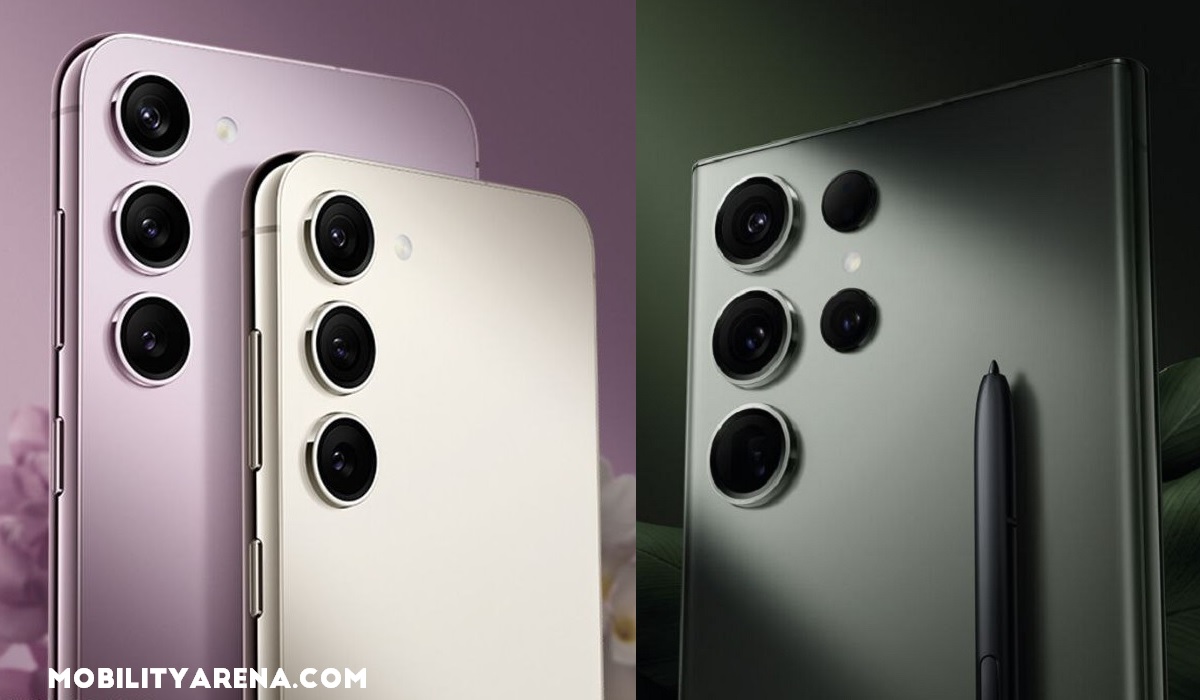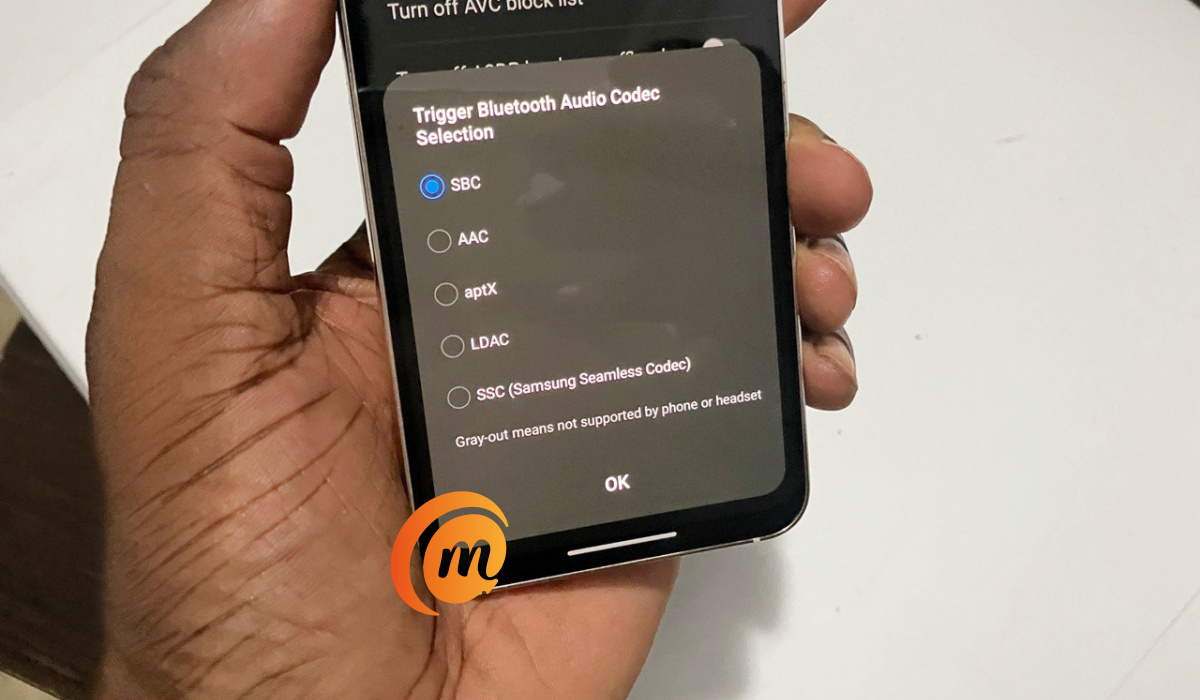Considering that mid-range smartphones from brands like Nokia, Google Pixel, Motorola, and OnePlus, to mention just a few, have had support for the more advanced Bluetooth aptX Adaptive, aptx HD, aptX Lossless Bluetooth, and Bluetooth LE Audio codecs for some years now, you would expect that the best Samsung phones would support those features.
It is even more expected because Samsung (like Apple) have been quick to throw out the 3.5mm headphone jack, forcing users of their flagship devices to depend on Bluetooth for audio instead. But Samsung conveniently continues to leave out these features, year after year. Samsung S22 models did not have them, and the S23 models do not either. Not even the S23 Ultra does.

Table of Contents
No wired headset, but no advanced Bluetooth aptX codecs either
If a phone brand is leaving out support for wired headphones and earphones, why are they not including support for advanced Bluetooth aptX codecs that deliver the same quality of audio that wired headsets provide? Android OS supports these codecs, and as already pointed out, other smartphone brands have them in their phones. Samsung’s refusal to include these codecs is mind-boggling. What Samsung has been known to support is the older “aptX” classic codec.
Instead, premium flagships by Samsung have been known to support SBC (Sub-Band Codec), AAC (Advanced Audio Codec), aptX, LDAC, and the proprietary Samsung Seamless Codec (SSC) which was introduced with the Galaxy Buds 2 Pro in August 2022. This limits the range of high-definition wireless headphones that are supported by the Samsung S23, S23 Plus, and S23 Ultra.
aptX codecs are from Qualcomm. Perhaps the reason why Samsung turns a blind eye to the more advanced aptX codecs is that they want to save costs by avoiding licensing fees. Yes, at the end of the day, the almighty dollar is king and dictates what features make it to your $1000 premium flagship smartphone. Odd though that Nokia is able to include these codes in much more affordable devices to the Samsung S23 series.
Apple is guilty too
Apple is another premium smartphone brand that has ditched support for 3.5mm wired headsets yet does not include support for advanced Bluetooth aptX codecs. None of the iPhone 14 models have them.
How to know if your Samsung phone supports Bluetooth aptX codecs
To confirm the Bluetooth audio codecs supported by your Samsung phone, you have to enable and look in Developer options. Note that Developer Options is hidden by default (as most mobile users are not developers). to tun it on so you can see it, follow these steps:
- Pair your device with a pair of earbuds or headphones that support any of the aptX codecs.
- Go to “Settings”.
- Tap “About device” or “About phone”.
- Tap “Software information”.
- Tap “Build number” seven times.
- Enter your pattern, PIN or password to enable the Developer options menu.
- The “Developer options” menu will now appear in your Settings menu.
Now, go back to Settings; Developer Options will be the last item at the bottom of the screen. To check the list of supported Bluetooth codecs supported on your Samsung, go to Settings > Developer Options > Bluetooth Audio Codec. The list will be displayed. Any item that is greyed out is not supported by phone or headset.
You will find that the S23 supports the basic “aptX” codec, but not any of the more advanced ones like aptx HD, aptX Adaptive, aptX Lossless Bluetooth, and Bluetooth LE Audio.
Look elsewhere for advanced Bluetooth aptX codecs and others
In contrast, I have reviewed the Nokia G60 5G that costs about half the Samsung S23 and that budget smartphone supports both aptX HD and aptX Adaptive. I am currently with a Samsung S23 and I can tell you for a fact that it does not support these advanced Bluetooth aptX codecs; only the classic aptX, along with SBC, AAC, LDAC, and SSC. Below is a photo of the Bluetooth audio codec menu of the Samsung S23.

If you are looking for a smartphone that supports aptX HD, aptx Adaptive, aptX Lossless Bluetooth, or Bluetooth LE Audio, look elsewhere; the Samsung Galaxy S23 phones are not for you. Look at mid-range and high-end models from Nokia, Google Pixel, Motorola, Sony, OnePlus, and ASUS.
2024 update: The S23 series’ successor, the Galaxy S24 series, do not support these aptX codecs either.


7 thoughts on “Why do Samsung S23, S23+, S23 Ultra not support aptX Adaptive? The Ultimate Guide”